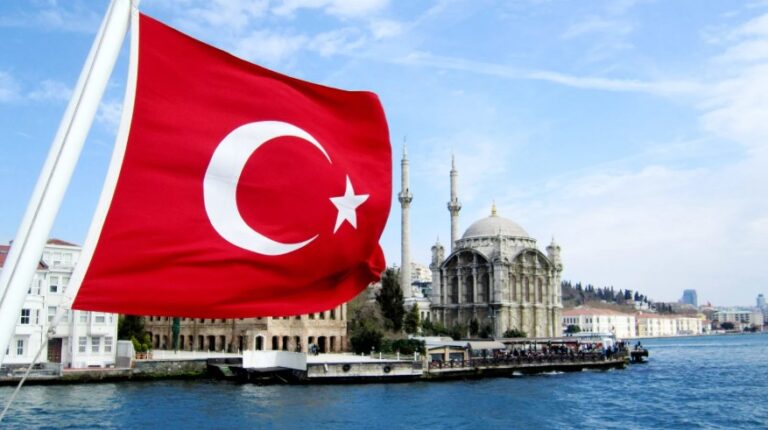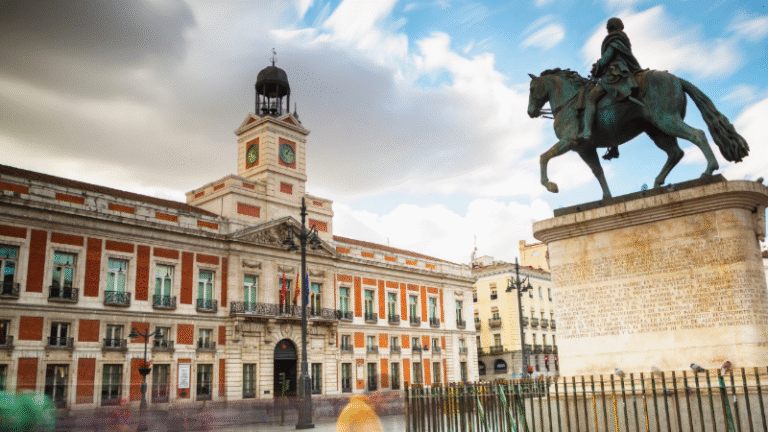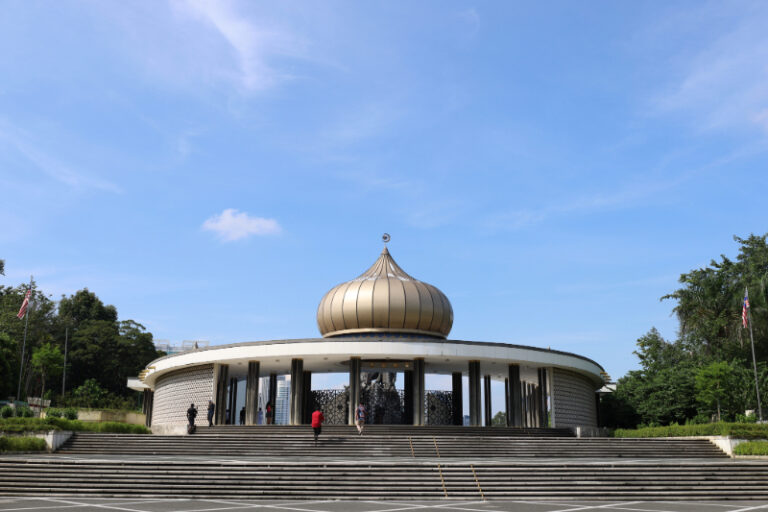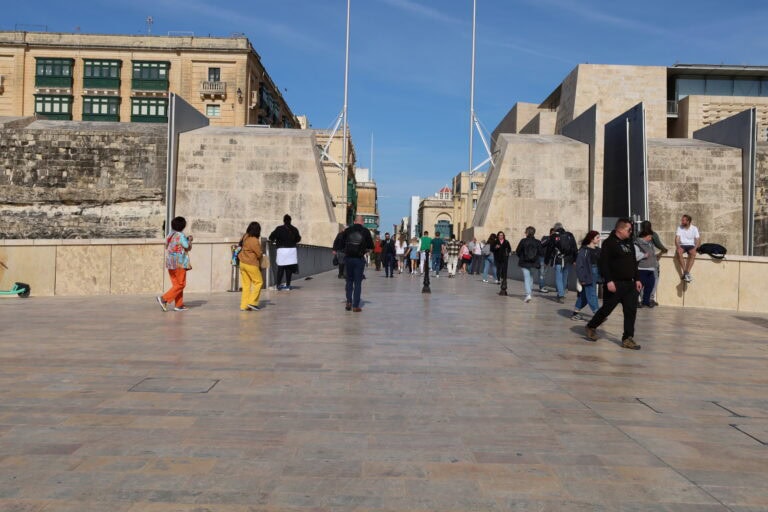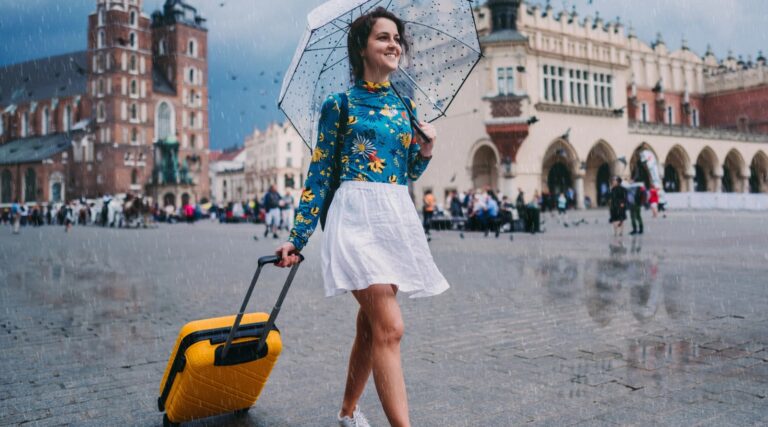Reflections on “December in GH 2024”
Ghana has long been dubbed “the gateway to Africa”. Generally speaking, this is the country which is considered to be most accommodating to first-time visitors to the Motherland. I don’t know exactly why that is so, but I would speculate it’s due to a number of factors. For instance, as far as the diaspora goes,...
Want to create a new account? Register Now


